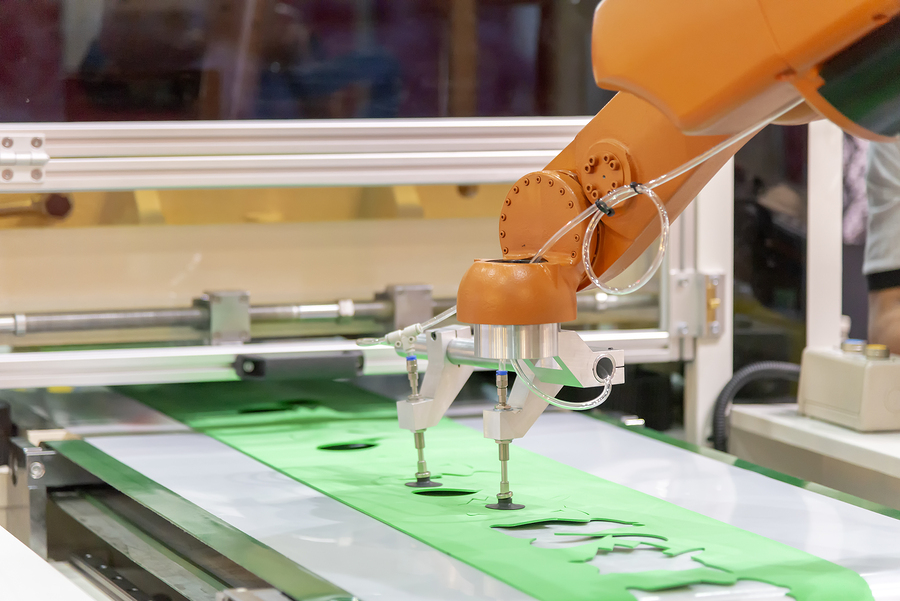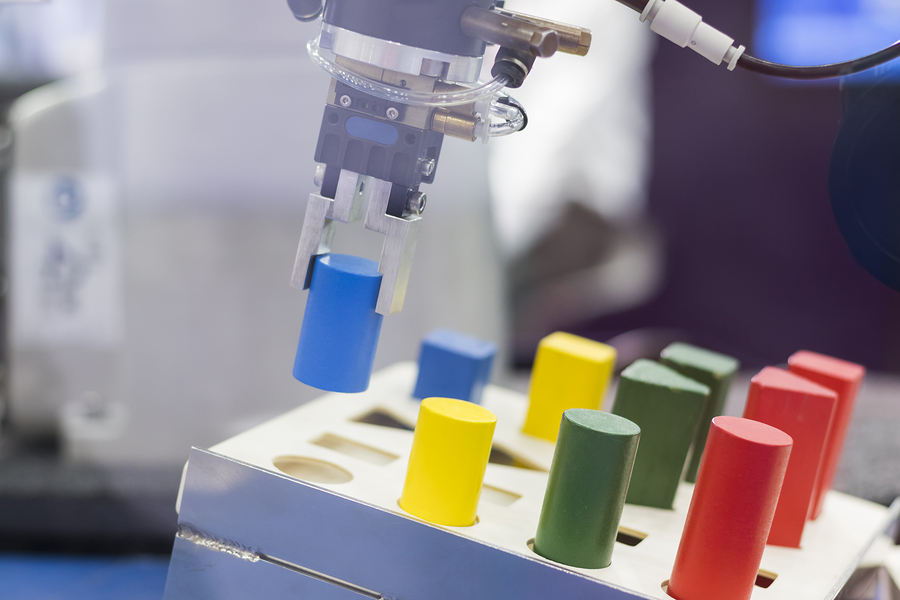Artificial Intelligence (AI) may still have science fiction connotations, but, more and more, it’s becoming a cornerstone of manufacturing technology. While this may inspire excitement among facilities managers and manufacturing CEOs, it often breeds anxiety for the average manufacturer on the factory floor. Where executives see opportunities for cost-savings, laborers predict layoffs and job losses.
However, negative sentiments among production workers about an impending wave of AI tech aren’t warranted. Assembly and production lines may still be subject to a degree of automation, but AI simply cannot replace the all-too-important aspects of human manufacturers. Because of this, modern engineers aren’t creating technology to replace employees but, rather, to assist them.
Improving existing tasks
Up to this point, factory AI has been largely associated with robotics. Future manufacturing AI is more focused on processing big data. What this means for workers is not a reduction in jobs but, instead, a new, better way to do the jobs they already excel at.
A prime example of new-age manufacturing AI is startup Landing.AI. Using robust data from existing factory automation and the Industrial Internet of Things (IIoT), Landing.AI provides insights into everything from predictive maintenance to quality control, automated inspection, and more. Through these insights, manufacturing leaders can shore up costs and prevent problems independent of their work force.

Bridging gaps in human error
Like AI technology, human labor offers both good and bad prospects. Nothing quite matches the importance of human intuition. However, human error can offset it. Today’s cutting-edge manufacturing AI extols human positives while also covering their shortcomings and allowing human manufacturers to do the same for AI.
AI’s ability to bridge gaps in human error is prevalent in Bonsai, another startup in the machine learning space. Bonsai provides enterprise solutions to the question of large-scale AI implementation, creating modules that use big data to identify patterns, automation opportunities, and insights essential for optimizing workflows. In a machine-specific capacity, Bonsai offers manufacturers the ability to “automate tuning to significantly accelerate manual processes with operator-level precision.”
Free from monotony
The next wave of automation to hit manufacturing facilities likely won’t be a tsunami that demolishes jobs but, rather, a tide of relief for existing manufacturers. AI isn’t meant to take jobs: It’s meant to complement them and make them easier and more bearable. In fact, when faced with the option to actively adapt to the growing possibilities of an AI-enabled workplace, shift workers tend to prefer it. Welcoming AI into the manufacturing space not only bridges gaps in data but also encourages the leap to a more modernized, capable work force.
